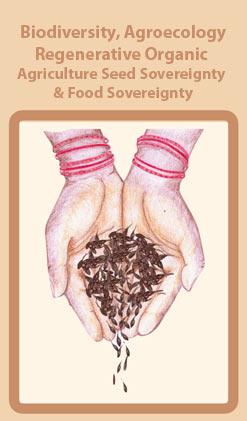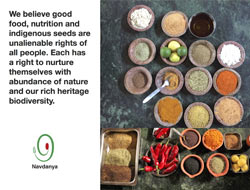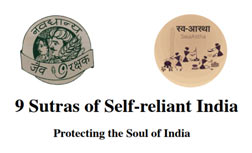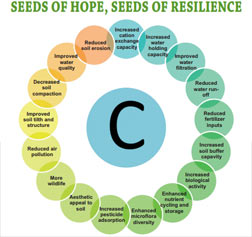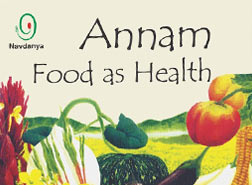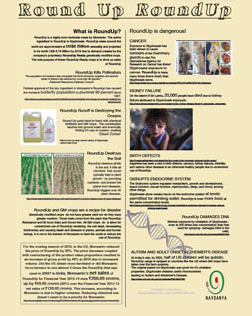*Twenty year struggle within global food safety body ends with 'consumer rights milestone'
*Move clears way for greater monitoring of the effects of GM organisms
Consumers International (CI)i and its member organisations celebrated victory today as regulators from more than 100 countries agreed on long overdue guidance on the labelling of genetically modified (GM) food.
The Codex Alimentarius Commissionii, made up of the world's food safety regulatory agencies, has been labouring for two decades to come up with consensus guidance on this topic.
In a striking reversal of their previous position, on Tuesday, during the annual Codex summit in Geneva, the US delegation dropped its opposition to the GM labelling guidance document, allowing it to move forward and become an official Codex text.
The new Codex agreement means that any country wishing to adopt GM food labelling will no longer face the threat of a legal challenge from the World Trade Organization (WTO). This is because national measures based on Codex guidance or standards cannot be challenged as a barrier to trade.
This will have immediate implications for consumers. Edita Vilcapoma of the Peruvian consumer group ASPEC, representing Consumers International at the Codex meeting in Geneva, said:
"Peru's recent introduction of GM food labelling faced the threat of a legal challenge from the WTO. This new Codex agreement now means that this threat has gone and the consumer right to be informed has been secured. This is major victory for the global consumer movement."
The agreement also recognises the enormous health monitoring benefits of giving consumers transparent information about the presence of GM foods. Consumers International's lead delegate at Codex, and a senior scientist at Consumers Union of the United States, Dr Michael Hansen, stated:
"We are particularly pleased that the new guidance recognises that GM labelling is justified as a tool for post market monitoring. This is one of the key reasons we want all GM foods to be required to be labelled - so that if consumers eat modified foods, they will be able to know and report to regulators if they have an allergic or other adverse reaction."
The labelling milestone is particularly welcomed by CI member organisations in Africa, who have been fighting on behalf of their consumers for the right to be informed about GM food. Samuel Ochieng, President Emeritus of Consumers International and CEO of the Kenyan Consumer Information Network said:
"While the agreement falls short of the consumer movement's long-held demand for endorsement of mandatory GM food labelling, this is still a significant milestone for consumer rights. We congratulate Codex on agreeing on this guidance, which has been sought by consumers and regulators in African countries for nearly twenty years. This guidance is extremely good news for
the worlds´ consumers who want to know what is in the foods on their plates".


